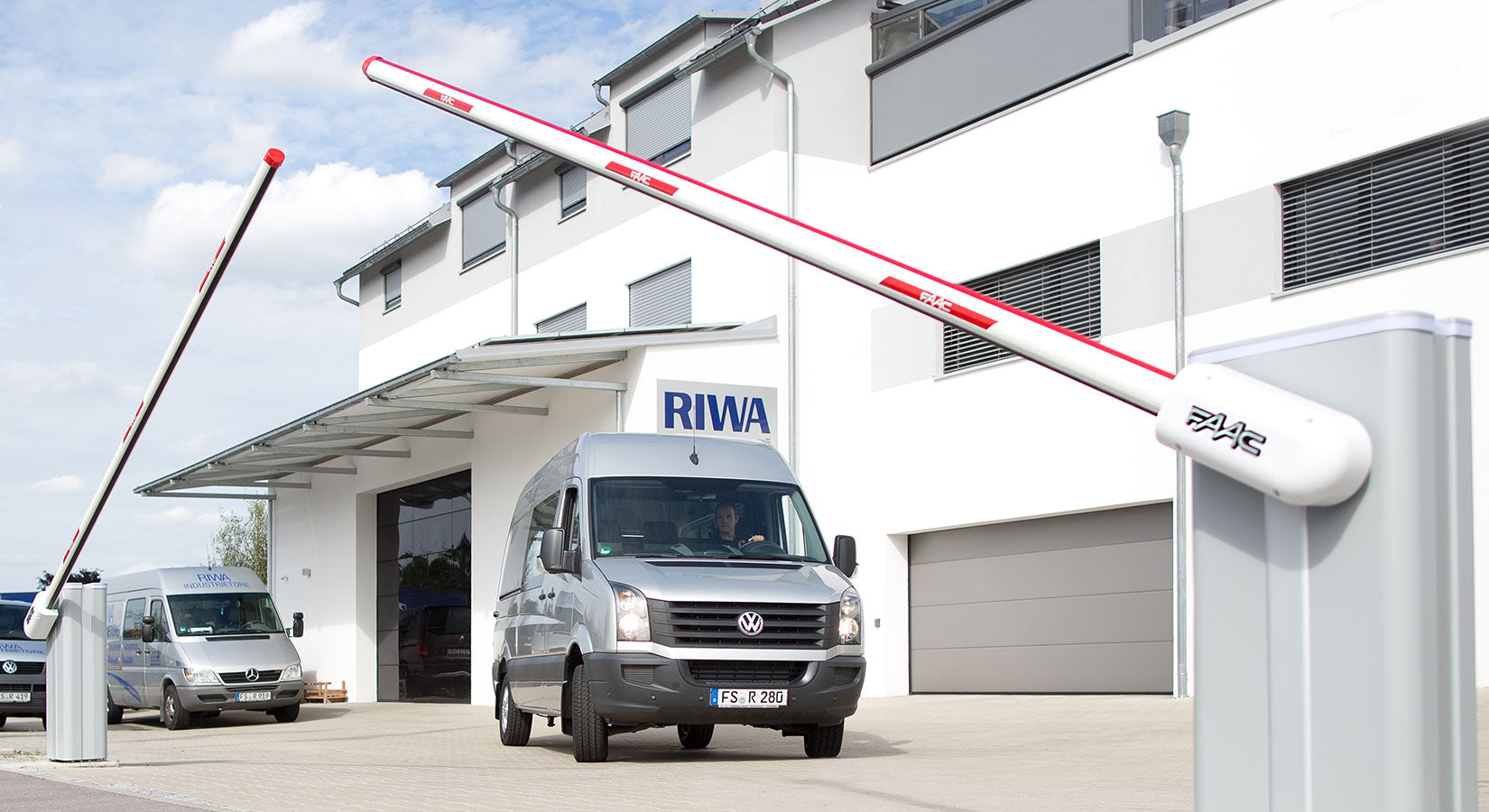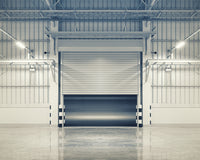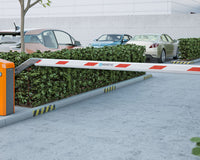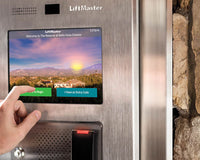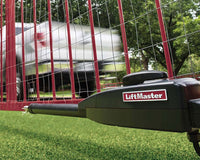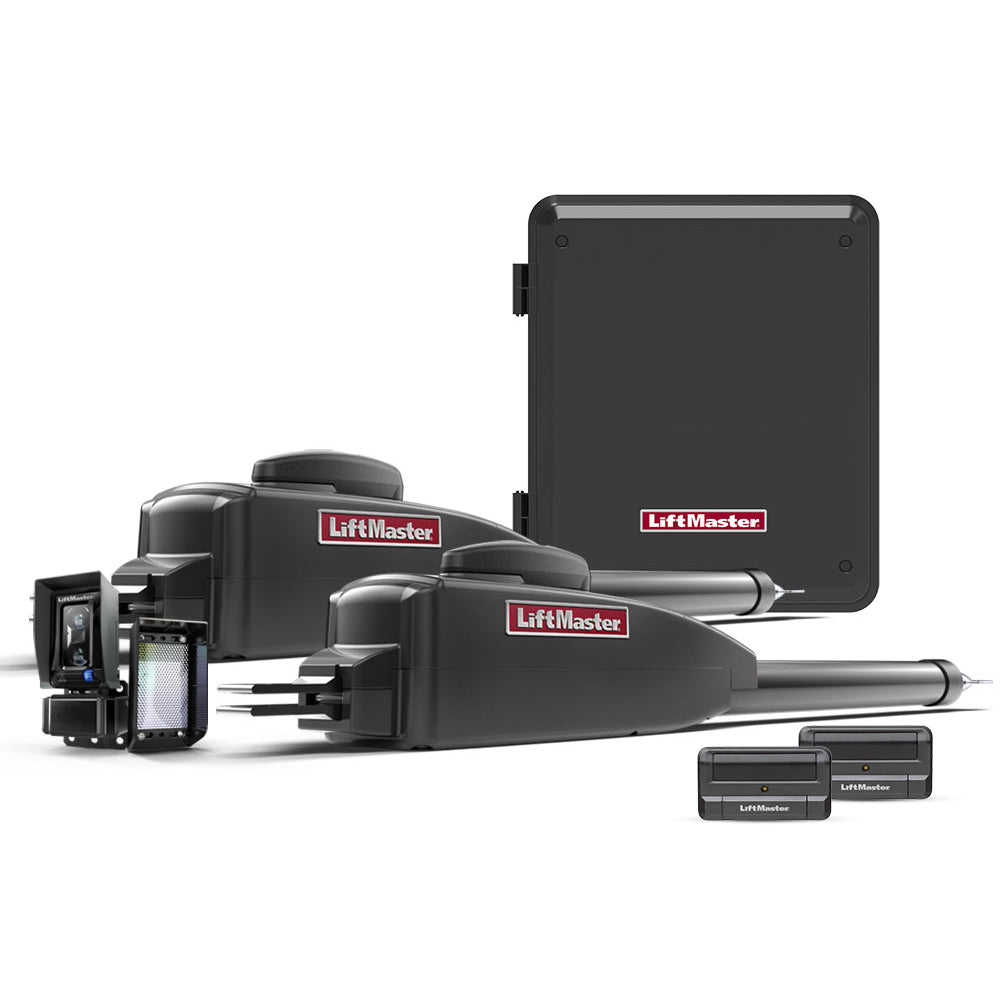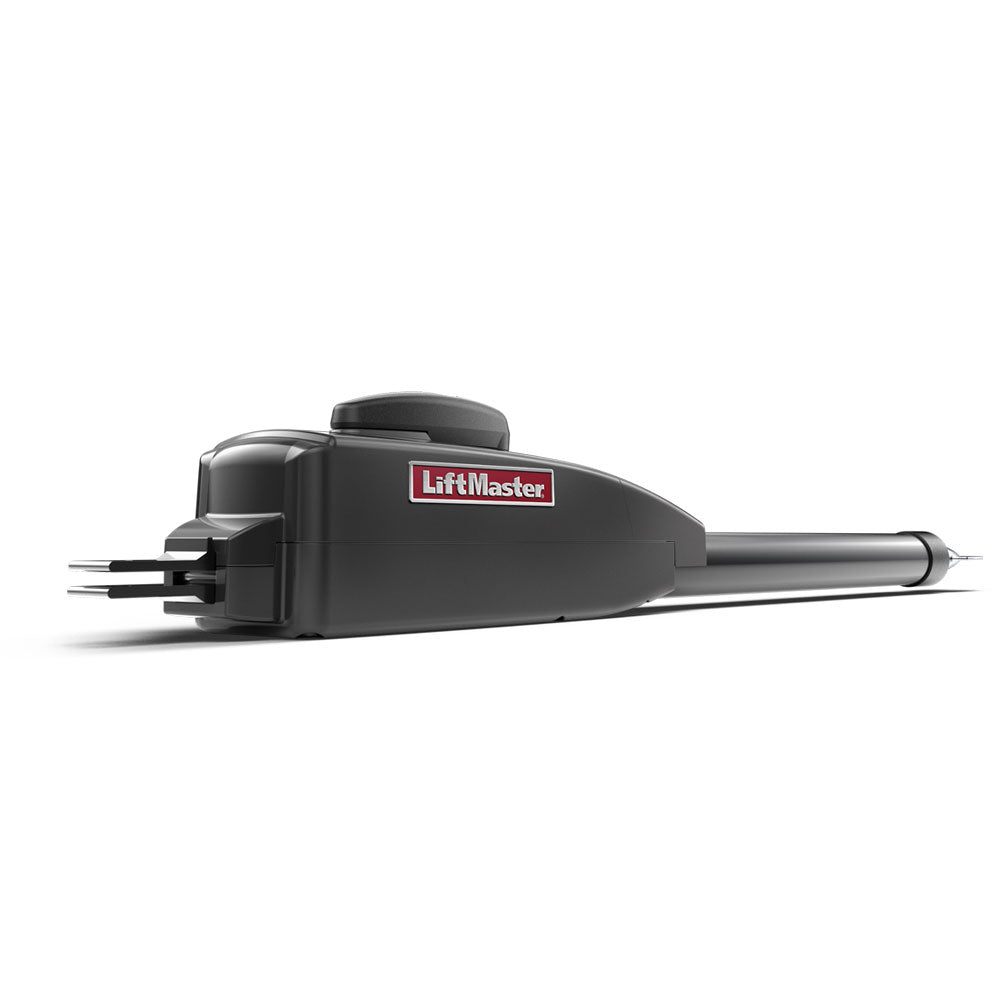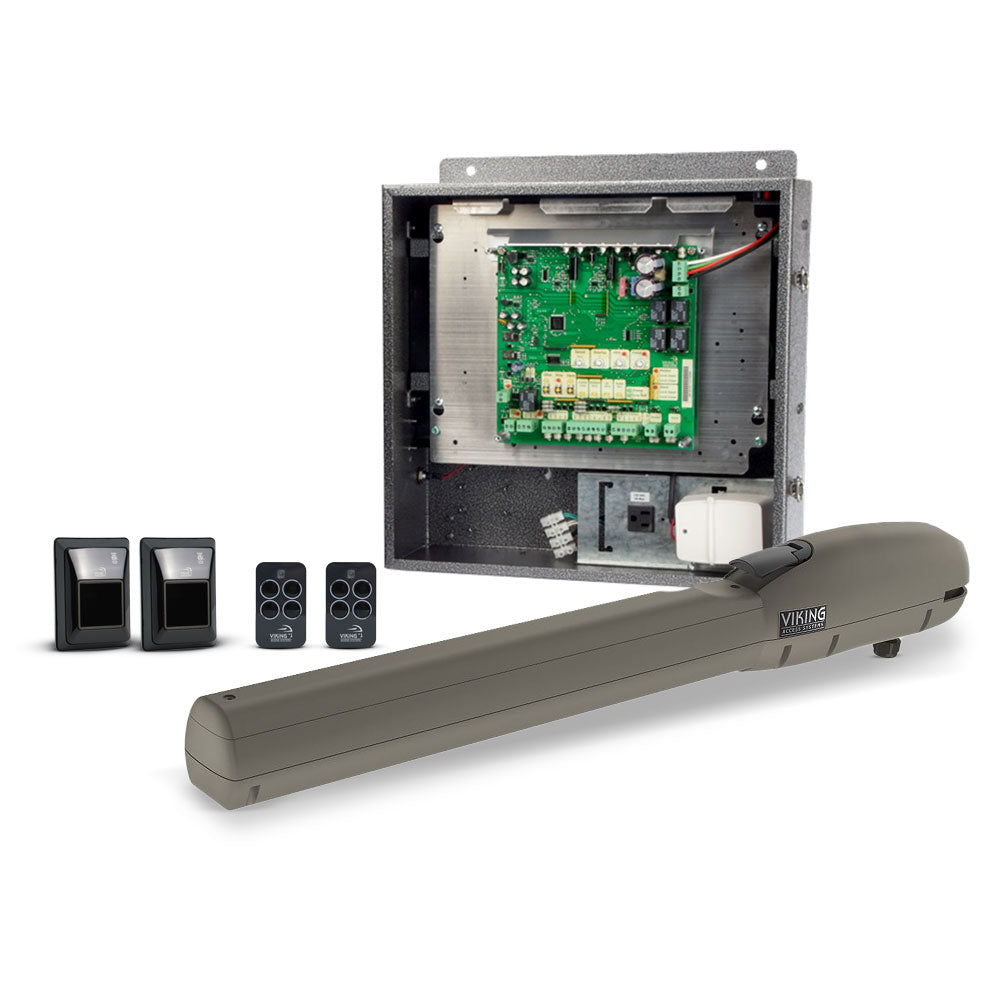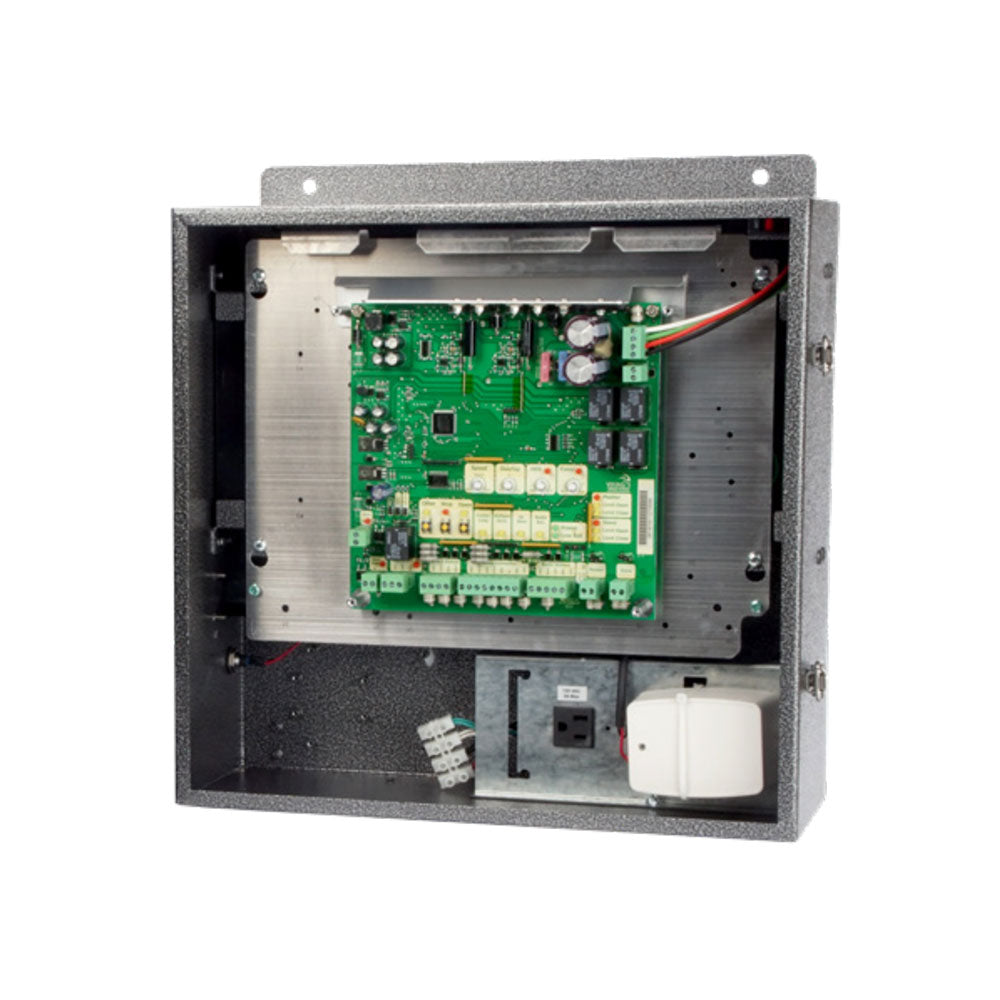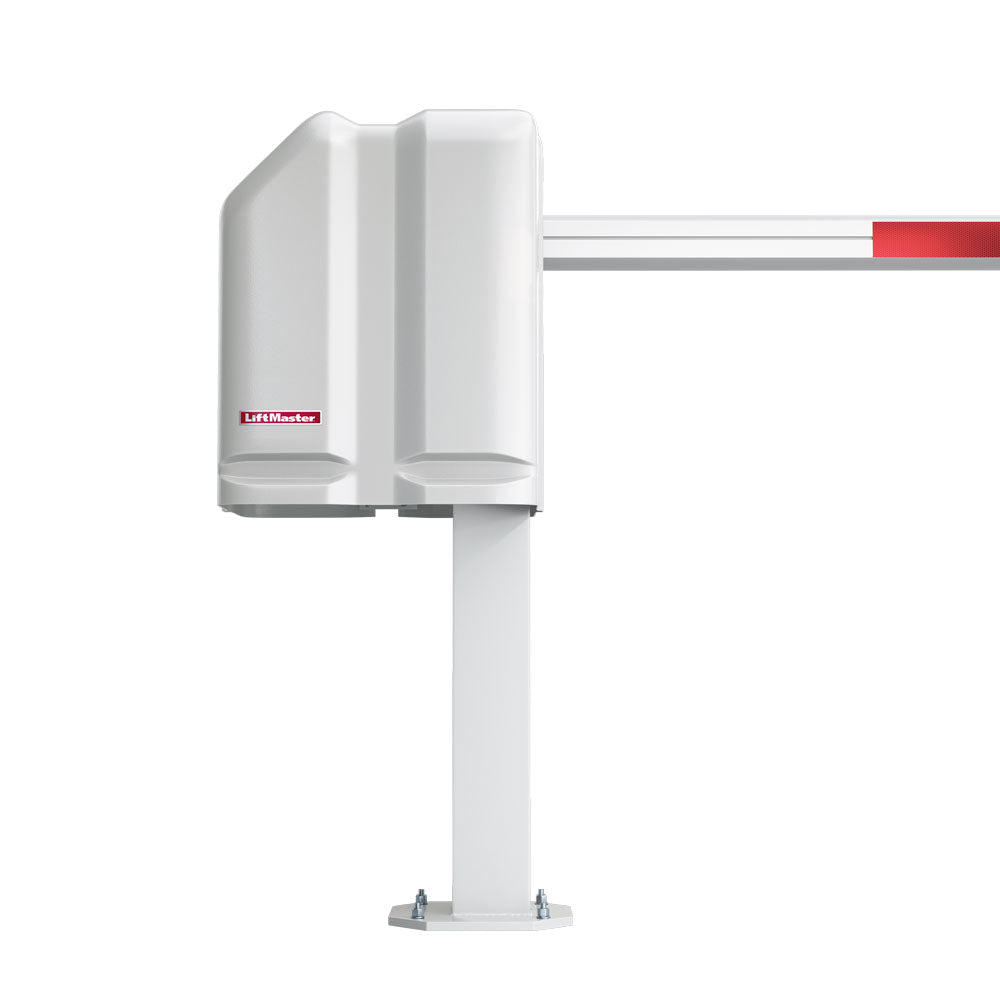Vehicle barrier systems are an integral part of traffic control. The right kind of vehicle barriers can be used to limit access to a specific building or property, if you want to increase safety and protect a job site, or maybe you want to have control over your paid parking lot. Either way, there are several vehicle barrier systems available on the market, and they all have their merits and demerits.
Let's take a quick look at the different types of these barrier systems and everything you need to know before installing one.
What are Vehicle Barrier Systems?
Vehicle barriers are devices that are put in place to slow vehicles down. This is often done on purpose to exert some kind of control over the vehicle traffic going in and out or through a certain section of the road.
You will often find different types of vehicle barrier systems in high pedestrian or high-security areas such as government and private buildings or properties. They are also common in places that experience high pedestrian traffic in the form of children and seniors, such as school zones.

For the most part, these barrier systems can be found in places such as:
- Parking lots
- Commercial districts
- Railroad crossings
- Construction sites
- Private gated communities
- Highway medium
What are the Different Types of Vehicle Barrier Systems?
There are many different types of vehicle barriers available today. Something as simple as a bump is a vehicle barrier system in its own right. These barrier systems fall into three main categories:
- Active vehicle barriers
- Passive vehicle barriers
- Hybrid vehicle barriers
Let's take a quick look at all three types.
Active Barrier Systems
These are the types of barriers that open and close on command. Some of the most common active barrier systems include:
- Wedge barriers: Wedge barriers use wedge-shaped plates that rise and either stop or guide traffic. They can also control traffic and prevent collisions.
- Bollards: Bollards are sizeable cylinders that tend to come up from the ground whenever necessary. These barriers can help with traffic control and crash prevention. A bollard can be active or passive. Active bollards are used to create necessary traffic stops, while passive bollards are typically used along the median on a highway.
- Beam barriers: These types of barriers use beams to block the road during specific situations such as when a train is approaching. Beam barriers, therefore, are mostly used to control traffic. For the most part, beam barriers move up and down, but there are other options available on the market.
- Mobile barriers: These are barriers that are designed to be transported by truck and can be moved to a location where they are required. Once the barriers reach their desired destination, they can be opened and used to guide traffic in that area. These are the types of barriers that are typically used on construction sites and other places where a temporary traffic solution is necessary.
- Portable barriers: Much like mobile barriers, these barriers can be transported to a desired location. The biggest difference between portable barriers and mobile barriers is that portable barriers aren't necessarily attached to the vehicle. They can be simply placed on the surface of the road to control the traffic as desired.
Passive Barrier Systems
Passive barrier systems aren't like active barrier systems in that they can't be controlled either automatically or manually. Once in place, these vehicle barriers are immovable unless they are destroyed. Passive barrier systems are typically used for security purposes as opposed to traffic control purposes. Good examples of a passive barrier system are bumps or permanent bollards.
Hybrid
A hybrid barrier system has some features of an active barrier system and some of a passive barrier system. A hybrid barrier system might have a passive wedge as well as an active beam. This allows you to choose which features are best applied to specific situations as they arise. Hybrid barrier systems are often used as the solution for medium-length assignments that may need both an active and passive solution at different times.

Other Types of Barriers
While most vehicle barrier systems are designed to control traffic, there are a few that are designed to stop vehicles dead in their tracks. These types of barriers are often used in high-security locations where counter-terrorism is a high priority. One of the most common types of barriers used in high-security areas is the "crash barrier".
What is a Crash Barrier?
Crash barriers are more heavy-duty than anything we have covered so far. These kinds of barriers are primarily designed to stop a vehicle or for collision control. This is the kind of barrier you would get if you were a store owner tired of vehicles crashing into your property.
Some crash barriers are so strong that they can even stop heavy-duty military vehicles. That's why you will find an element of these types of barriers in high-security areas such as military barracks or an embassy.
They are also often used in civilian locations to stop traffic and increase safety. Crash barriers tend to be "loud," making them easily noticeable by drivers. They are often painted in bright yellow, and some even have signs warning drivers to either stop or divert from their current course.

What Happens When You Hit a Vehicle Barrier System?
This will depend on the kind of barrier system in question. If it's just a speed bump, you might get away scot-free or perhaps incur some minor damage to your wheels or shock absorbers. If, on the other hand, you hit a crash barrier, bollards, or beam barrier, your vehicle will suffer more damage. In the case of crash barriers, depending on your speed, you might even total your car.
Which kind of vehicle barrier system is right for you?
The answer will depend on the type of building, property, facility or area in question. Contact us today at (800) 730-8382 to discuss your options and related products in further detail.

